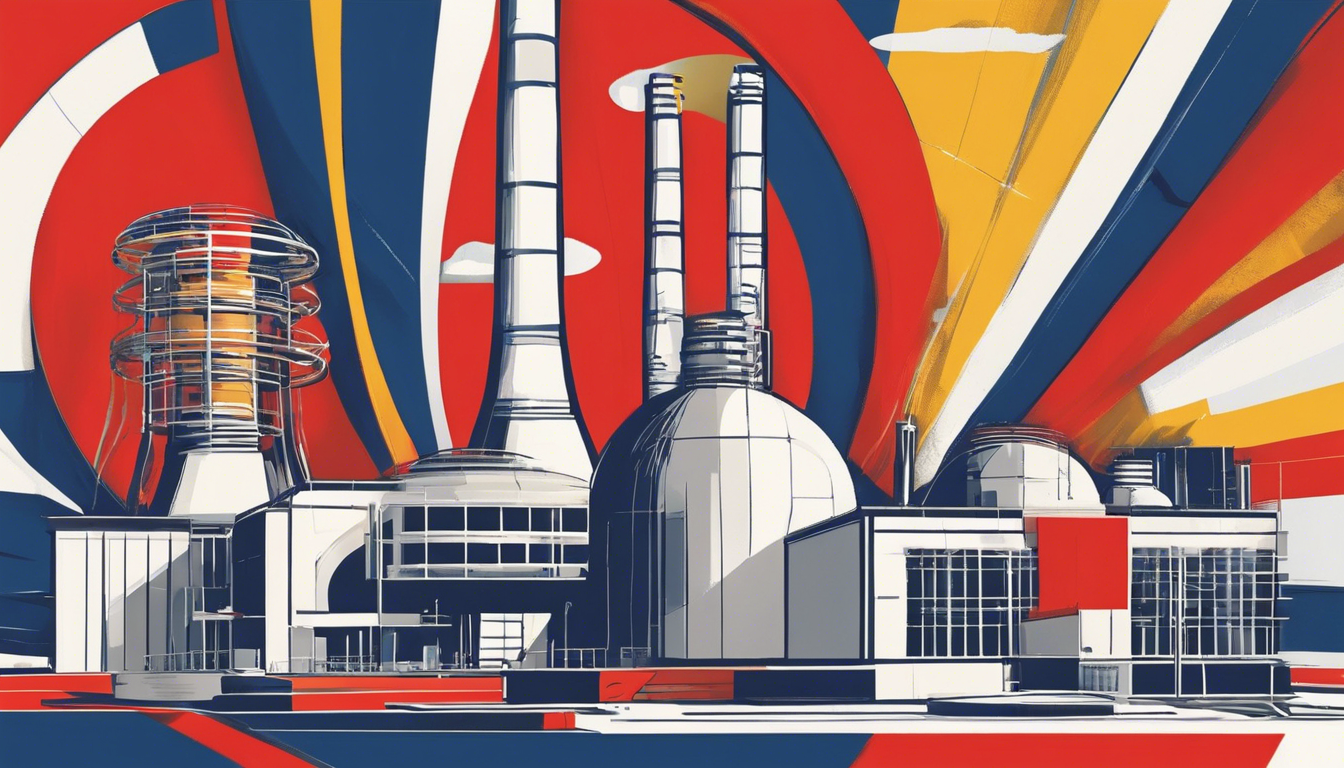In recent years, nuclear energy has re-emerged as a focal point in discussions surrounding climate change, challenging long-standing perceptions held by environmentalists, policymakers, and the public alike. Historically, nuclear power was often cast in a negative light, frequently blamed for its disastrous accidents and the potential for catastrophic environmental impacts. However, as the world grapples with the pressing issues of climate change, a paradigm shift is occurring. Today, nuclear energy is increasingly being recognized as a vital component in the global strategy to reduce greenhouse gas emissions and achieve a stable, sustainable energy supply. This article explores the historical context of nuclear energy’s negative image, the current shift in its perception, and the implications for energy policies around the globe as nations consider nuclear power as a key player in combating climate change.
Key Takeaways
- Nuclear energy is transitioning from a controversial option to a recognized climate solution.
- Recent discussions highlight nuclear power’s benefits of low carbon emissions and reliable energy supply.
- The evolving narrative positions nuclear energy as essential in global efforts against climate change.
Historical Context: Nuclear Energy’s Negative Perception
Nuclear energy has long been surrounded by controversy, often viewed through a lens of caution and skepticism. Historically, at international climate summits, nuclear power faced significant opposition, primarily due to high-profile disasters and concerns over radioactive waste. Many stakeholders regarded it as a contributor to environmental degradation rather than a solution to the pressing issues of climate change. However, the narrative surrounding nuclear energy is undergoing a transformative shift, particularly in light of the urgent need for innovative and sustainable energy solutions. In recent global climate discussions, there is a growing recognition of nuclear power’s role in reducing carbon emissions. Compared to fossil fuels, nuclear energy offers a stable and consistent power supply, making it an attractive option for countries seeking to transition to greener energy sources. This evolving perception reflects broader changes in energy policy, with many now viewing nuclear energy as an essential player in the fight against climate change. As nations grapple with the dual challenges of energy security and environmental responsibility, nuclear power is increasingly being incorporated into national strategies aimed at achieving net-zero emissions.
The Shift in Acceptance: Nuclear Energy as a Climate Solution
The renewed interest in nuclear energy aligns with global efforts to diversify energy sources while minimizing carbon footprints. Countries such as France, which heavily relies on nuclear reactors, are showcasing the potential for long-term energy sustainability and independence from fossil fuels. Furthermore, advancements in nuclear technology, such as small modular reactors (SMRs), provide safer, more efficient solutions that reduce waste and enhance safety protocols. This evolution in technology not only responds to previous criticisms but also addresses new safety standards and regulatory frameworks designed to ensure the safe operation of nuclear facilities. As policymakers and energy experts increasingly advocate for a balanced energy portfolio, nuclear energy’s ability to deliver reliable, low-carbon electricity positions it as an indispensable asset in our collective pursuit of a sustainable energy future.
About Obtainium Science and Surplus
Obtainium Science and Surplus has been a trusted source of surplus scientific and industrial equipment since 1999. Focusing on reliability and competitive pricing, Obtainium helps professionals and enthusiasts find unique and essential components. Visit Obtainium Science and Surplus to discover more.


